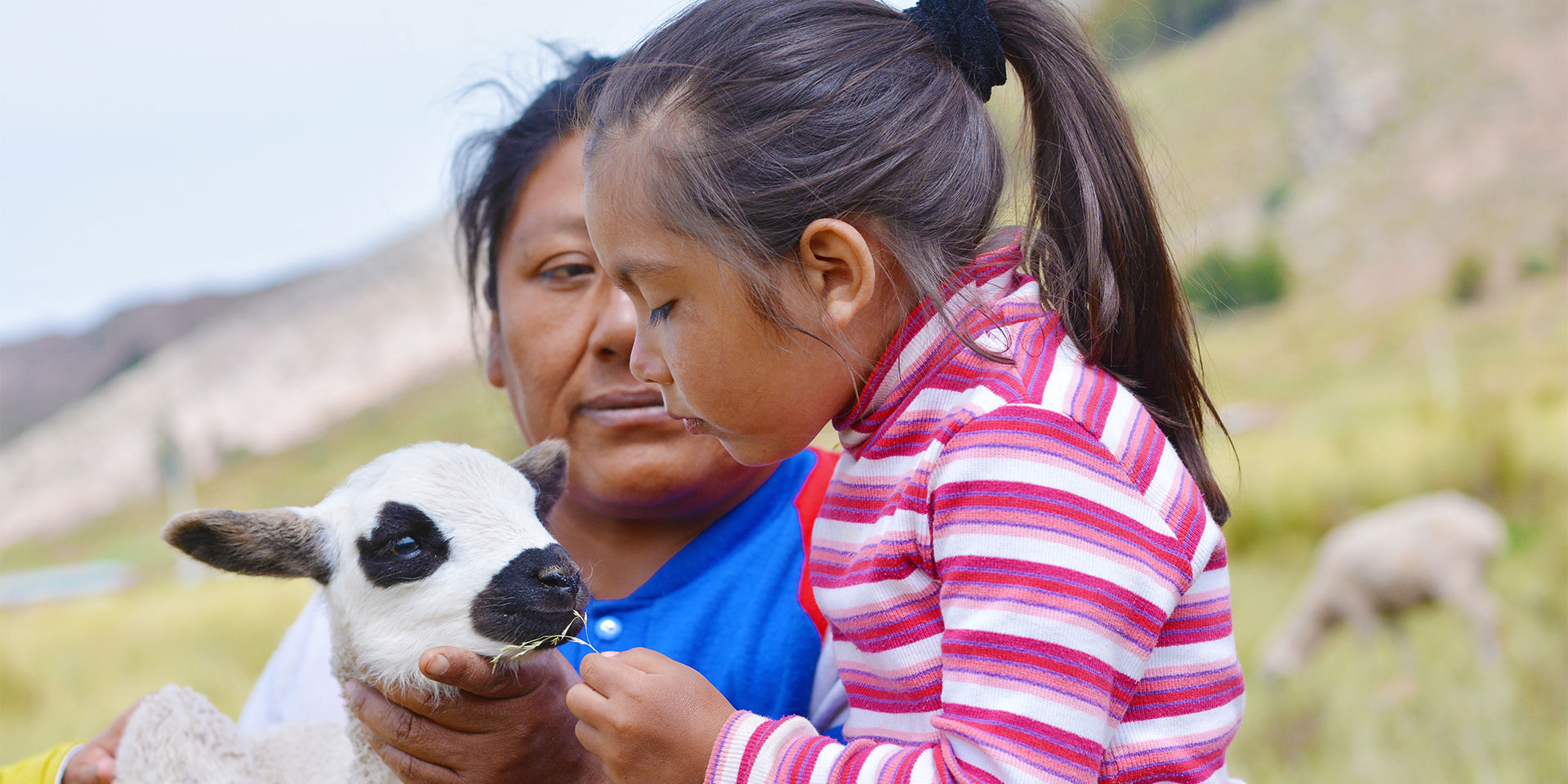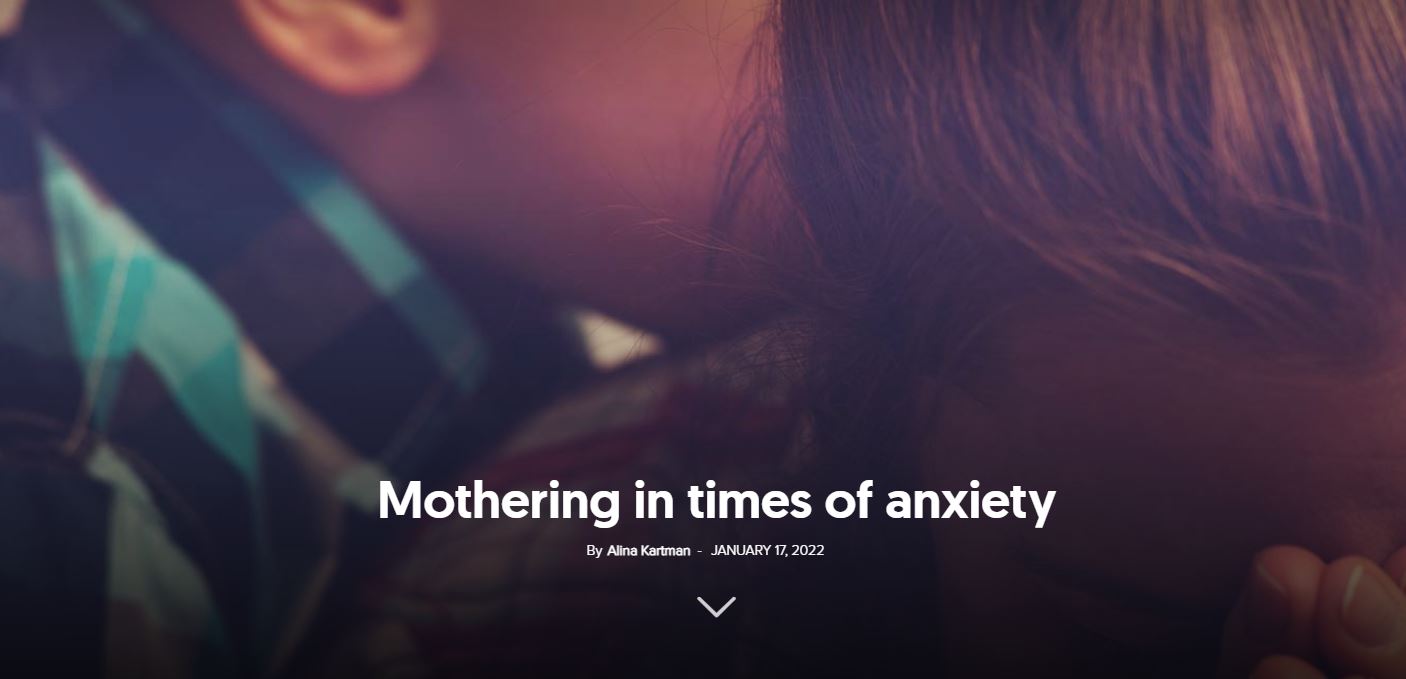Did you wrestle with your decision to have children? Or did you know motherhood was for you from a long time back? More than six years ago, I found myself wondering about children. I couldn’t really find a “point” to having children. “Underpinning all of these [ideas] was the knowledge that the world is overpopulated and under-resourced,” I had written.
Back then, the reasons whether to become a mother or not seemed simple to me. I thought a woman simply had to make the choice for or against having children. Reading Gina Rushton’s The Most Important Job in the World has made me realise from how much a privileged position I had formed that view. Deciding to become a mother sometimes has nothing to do with personal choice.
The catalyst for The Most Important Job in the World was a medical emergency that impacted on her fertility. The irony lies in the fact that Rushton had decided she didn’t want to be a mother a decade earlier.
Yet, faced with the possibility of involuntary infertility, she suddenly had doubts. So began her journey investigating the role of motherhood in society today, and the reasons for and against it. The Most Important Job in the World was “the book that she needed,” the back cover declares.
Rushton is an award-winning journalist, recognised for her years of reporting about reproductive rights. She writes with confidence and in-depth knowledge. The book lays out the facts together with interviews with experts and individuals, but it’s also deeply personal and personable. She bravely and vulnerably lays out the struggles, dilemmas and questions many grapple with when it comes to mothering the next generation. When I started reading The Most Important Job in the World, I thought I’d find the answers to the questions I’ve been wrestling with, such as:
– Should we have children knowing they will inherit a planet devastated by climate change?
– Is it worth sacrificing my career for children?
– Why do we even believe it’s “natural” for women to have children, to be mothers?
What I learned however, was that what I took for granted—motherhood—can in fact be a highly political, highly controversial subject. More often than not, as Rushton repeatedly points out in her book, societal constructs, government policies and subtle discrimination influence the decision to have children, not personal choice.
The problem with the world today
The Most Important Job in the World is separated neatly into seven chapters, each dealing with the different problems women face as mothers and potential mothers:
1. Reproductive rights (or abortion access)
2. Climate change
3. Reproductive justice (or racism and poverty)
4. Work (or the career-family juggle and how gender bias affects child raising)
5. Emotional labour (or the mental load women have and the dangers of masculine behaviours)
6. Legacies (or the fear of raising a child under the shadow of one’s neurosis or genetic problems)
7. Fertility (or the stigma surrounding infertility and the legislations dictating who can have children)
In some chapters, Rushton raises points I had never considered—such as the discrimination Indigenous women face when it comes to having children and caring for them. “Medical institutions that might represent safety or support for non-Indigenous mothers are still sites of hyper-surveillance and racism for Amy [an Indigenous mother],” Rushton writes in her chapter on reproductive justice.
“Sexuality, pregnancy and motherhood are ‘deeply racialised experiences’ . . . we [need to] stop assuming our experiences are universal and common, stop pretending there is nothing to interrogate, encourage communication between women, help de-marginalise women of colour, secure racism as a priority issue, look back on what we have prioritised and ask which women it benefits, and include mothers and would-be mothers.”
In other chapters, Rushton battles familiar struggles head-on: “Time with family is compromised by the boundless nature of work as we now know it, while progression in the workplace is hindered by having anyone to care for but yourself.”
Finding hope
The sad thing, I feel, in Rushton’s book lies in an underlying anti-Christian attitude. However, it doesn’t surprise me.
She grew up in a traditional Catholic home with the beliefs that accompanied such an upbringing. As an adult, she has reported extensively on reproductive rights. She has stood outside abortion clinics, a favourite hangout spot for pro-life and ultra-conservative picketers. She has spoken to patients of those clinics, heard the reasons behind their decisions, and witnessed their private struggles and pain.
The Christianity Rushton has experienced has a specific bent, one in which abortion is frowned upon regardless of reason, gender norms are forcibly perpetuated, and there’s a focus on what one should or should not do, in fear of spiritual (and eternal) repercussions.
On the other hand, the Christianity I wished Rushton—and the rest of the world—knew accepts, includes and loves first. I believe that only through acceptance, inclusion and unconditional love are we able to find hope.
Hope that God will help us through the struggles.
Hope that will give us strength to advocate for the weak and disadvantaged.
Hope that where we fail (ourselves or our children), God is there to help us succeed.
Hope that there’s a better world in store for us, be that on this Earth or the next.
Hope that love trumps every tradition, every belief, everything.
Making the decision for children
The reasons why we shouldn’t have children are boundless if we look for them. In fact, they’re pretty easy to find thanks to the state of the world today. But Rushton’s mission isn’t simply about finding what’s wrong with the world. Rushton also speaks with those who have or want children to find out what spurs them. It’s a hope that drives us, a hope that God has placed in all of us, whether we believe in Him or not.
“There is such hope and joy in babies and young children,” says Dr Sophie Lewis, commissioner for Sustainability and the Environment, in The Most Important Job in the World.
Chris, an evolutionary and conservation biologist who has just found out his wife is pregnant, puts it another way: “[The problem of climate change] is incomprehensibly big and it is more than any individual can take on and while I think people should live responsibly, I don’t think they should be racked with guilt for choosing to have a child which is a totally natural decision to make.”
From when God gave the instructions to our first parents, “Be fruitful and increase in number” (Genesis 1:28), most of humanity have had an innate desire to have children. It perhaps explains why despite all the arguments against—and even all the realities against—having children, we often still feel “called” to become mothers, become parents.
It’s a calling that won’t subside for many of us, despite societal or political constraints. But it’s a calling that we can help bolster through acceptance, inclusion, unconditional love and hope.
Melody Tan is happily married and the mother of one child. She is editor of Signs of the Times Australia’s sister magazine, Mums at the Table. A version of this article first appeared on the Signs of the Times Australia website and is republished with permission.




















